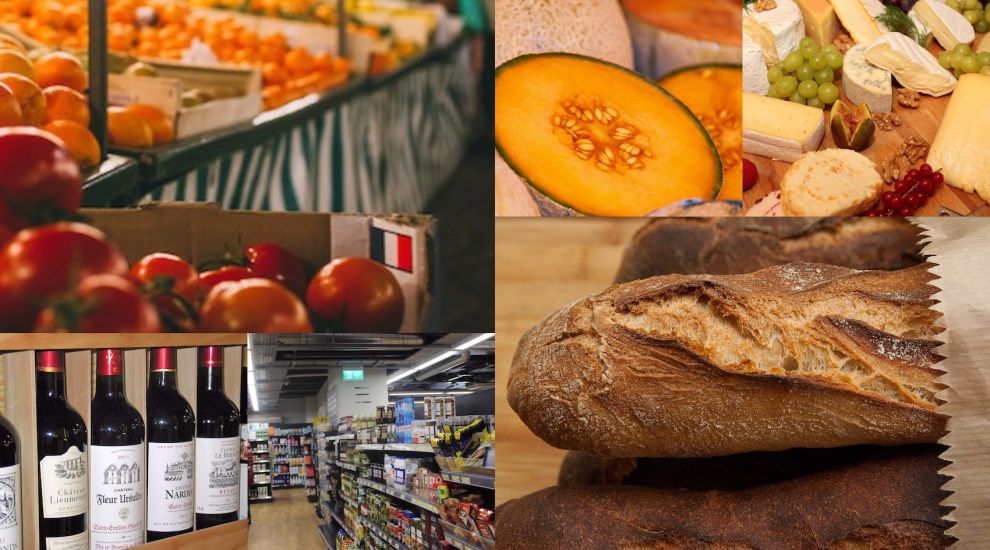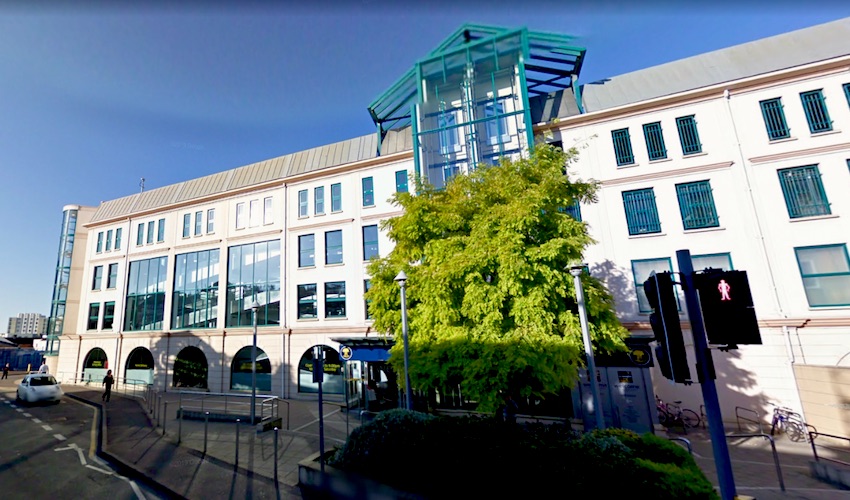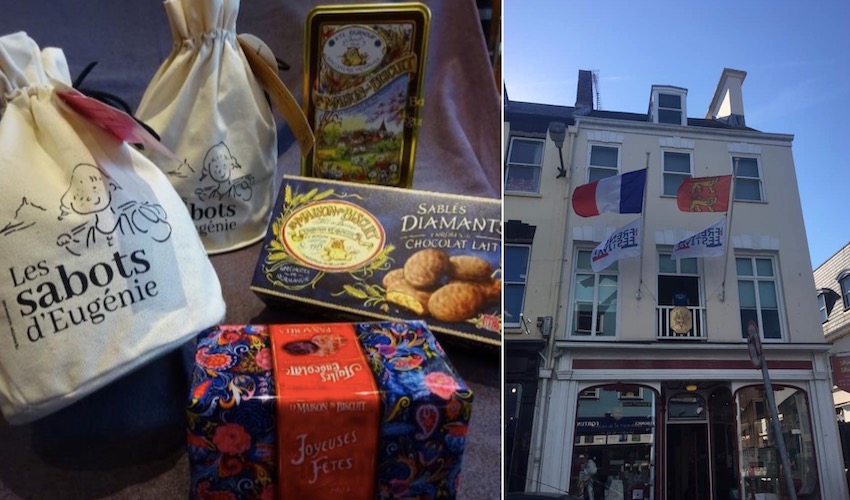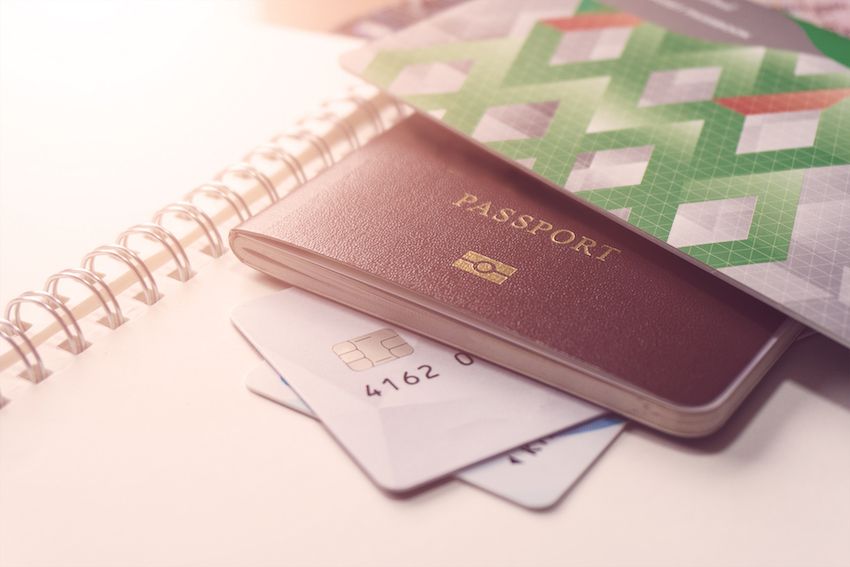


Customs procedures introduced in the wake of Brexit have led to an administrative nightmare for those wishing to import French produce into Jersey, causing some to give up on the island as a market, and threatening the future of the local Norman markets.
Since Brexit, every item brought from Europe needs to be declared with a commodity code, which depends on the item’s category, and accompanied by a document certifying its European origin.
Suppliers are not only finding the new procedures hard to navigate but they are also struggling to meet the costs of the additional paperwork involved.

Pictured: The Co-Op's long-standing supplier of French food products has decided to stop supplying Jersey.
This has caused the Channel Islands Co-Operative to lose its long-standing supplier of French food products. As CEO Mark Cox explained the company decided against exporting produce, which included soft drinks, biscuits, cakes, jams, pate, tinned vegetables, chocolate and pasta, to Jersey after the supply became “too complex”.
“The rationale provided was that the additional checks and paperwork required now and further changes due to come into effect next year coupled with the need to provide English translations meant that the supply of product to us had become unviable due to the costs involved,” Mr Cox explained.
“This is disappointing, and we are currently working hard to find alternative supplier that will be able to supply us with a range of French food and drink as we recognise how popular this was locally.”
La Maison de la Normandie et de la Manche has also encountered difficulties in bringing in the small selection of French products it normally offers in its shop.
“The issues are similar to the ones experienced in the UK but on a smaller scale,” Christine Bonhomme, the Manager, said. “We do not need a regular supply as we order a different selection for every season, so we have not been affected in terms of delivery times, but it has become more complex. Everything is so much more difficult.”

Pictured: La Maison de la Normandie et de la Manche offers a small selection of French products.
The new procedures have affected French traders who visit the island for the Norman markets, which are popular among islanders.
The majority of the traders are mobile and moving from one market to the other and they have struggled with coping with the administrative burden now imposed on them.
“For years and years, the traders had really easy protocols,” Ms Bonhomme explained. “They were able to do a paper inventory at the last minute, in the case of mobile traders that was really helpful because they are always on the move and do not necessarily have a computer to do their paperwork or the time to do it in advance.
A trader who is leaving at 18:00 on a Sunday is going to try and sell as much they can until the very last minute, but they need to fill in a form in advance to say what has been sold and what they are bringing back to France. This could mean staying an extra night just so that the form has been sent in good time.
“It’s taking away from the flexibility and responsiveness that mobile traders need, it’s very difficult for them.”
Pictured: French producers regularly come to the island for the Norman markets.
Despite the new measures, traders managed to come during the Corn Riots Festival, and they will be returning for the traditional Christmas market next month. With more measures to be introduced next year, which will include veterinary inspections for animal products, there are however concerns the Norman market might be smaller in future years or even disappear.
“We are not sure yet whether the inspection will be required before the products leave France for every shipping or not, it is also unclear whether the producers will have to pay for those checks, but if they do, some might not be able to afford it or they will have to charge more to recover costs and in fine, customers in Jersey would be paying more.
“We are very happy that the markets were able to go ahead this year, we were really scared this would be the end of the markets. We had a first set of obstacles and we were able to continue to supply, it’s more complex but we are able to do it. There’s always a risk it might not happen next year, but it would be a shame to not have the opportunity to enjoy the produce.
“People in Jersey enjoy the markets and they look forward to them and the traders love coming to Jersey because they love the atmosphere and they know they have loyal clients. The issue is not that there is no economic benefit for them to come, there is, but it’s everything around it.”

Pictured: Since 1 October, all EU travellers need a passport to visit Jersey.
In addition to the new rules around importation, which also affect artists and theatre companies coming to the island for performances, Brexit has brought in a passport requirement for all travellers coming from the EU. With only a small number of EU nationals having a passport, it is likely that the number of people visiting the island on a day trip will reduce.
Negotiations between the Channel Islands and Normandie have led to an agreement under which children on school trips will be able to travel with an ID card but the issue remains for all the other travellers, including members of the twinning committees.
“We have a lot of towns twinned with Jersey parishes and some have already said they might not be able to travel anymore because passports are required, it might be the end of exchanges,” Ms Bonhomme said.
“The passport requirement means people have to anticipate their trips but day trips to Jersey and Guernsey were all based on spontaneous trips.
“Jersey was never part of the Brexit deal and yet we are suffering all the consequences. Being very close to France does not grant us any anything, the proximity is misleading.
“In Europe, people are used to everything being open, they can travel from a country to another with very little checks, but Brexit is showing that even near, the world can be closed and not all borders are open.”
Comments
Comments on this story express the views of the commentator only, not Bailiwick Publishing. We are unable to guarantee the accuracy of any of those comments.